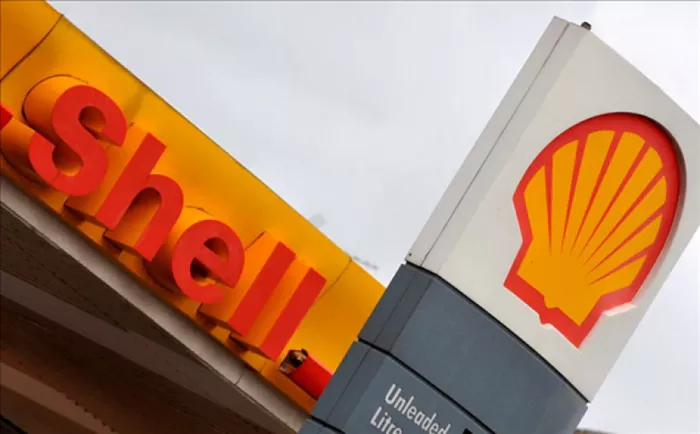Shell has commenced commercial production at the Whale field, located in the Gulf of Mexico, with expectations to reach peak output levels of 100,000 barrels per day. This new venture marks a key milestone in Shell’s broader strategy to ramp up production in the coming years.
According to Zoë Yujnovich, Shell’s Director of Integrated Gas and Upstream, the Whale project will play a crucial role in meeting the company’s production targets. “This project will make a significant contribution to our commitment to bring projects online, with a total peak production of more than 500,000 barrels of oil equivalent per day from 2023 through 2025,” Yujnovich stated.
Shell operates the Whale field with a 60% stake, partnered with Chevron, which holds the remaining share. For Shell, the development of the field is an important step towards achieving its goal of 300,000 net barrels of oil equivalent per day by 2026. The field’s estimated recoverable reserves stand at approximately 480 million barrels of oil equivalent.
Although the Whale field was discovered in 2017, production was delayed for several years. Shell and Chevron took additional time to make the final investment decision, influenced by the downturn in demand caused by the global pandemic and subsequent lockdowns.
Meanwhile, while Shell celebrates this milestone in the Gulf of Mexico, the company recently faced a setback with its Namibian oil discovery. The exploration, which cost an estimated $400 million, was deemed unviable for commercial development. Shell disclosed that the discovery at the offshore PEL39 block in Namibia “cannot currently be confirmed for commercial development.”
The offshore block initially sparked optimism, with multiple discoveries fueling expectations that Namibia could soon emerge as a significant oil producer. However, Shell emphasized that challenges remain in extracting the resources. Despite the setback, the company remains committed to exploring potential commercial solutions and continues to seek further exploration opportunities in Namibia.
“While we recognize that extracting the discovered resources presents challenges, the extensive data collected shows that there remain opportunities. Together with our partners, we are continuing to explore potential commercial pathways to development, while actively looking for further exploration opportunities in Namibia,” Shell noted in a statement.

